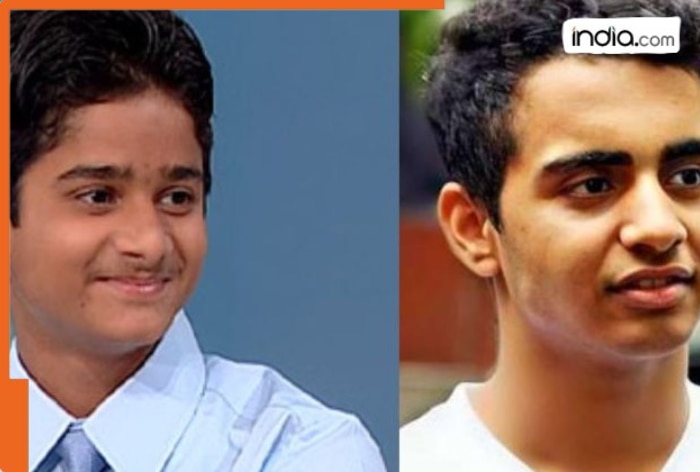Hadash-Ta’al MK Ofer Cassif’s signing of a petition in support of South Africa’s move in the International Court of Justice (ICJ) in the Hague accusing Israel of committing genocide of the Palestinians in Gaza did not meet the standard of “support of armed struggle,” and therefore did not qualify as a reason to impeach Cassif, Deputy Attorney General Avital Sompolinski said during a second day of impeachment proceedings in the Knesset Home Committee on Tuesday.
The proceedings began on Monday and are expected to end on Tuesday with a vote in the committee on whether or not to pass the vote on to the Knesset plenum. To proceed to a vote in the Knesset plenum, at least three-quarters of the committee members must vote in favor of Cassif’s impeachment. The committee has 17 members, so 13 must support the measure for it to pass. At least 90 MKs must then support his expulsion in the plenum. If impeached in the plenum, Cassif will have the right to appeal the decision to the High Court of Justice.
According to the quasi-constitutional Basic Law: The Knesset, an MK can be impeached if he “supported armed struggle, by an enemy state or terrorist organization, against the State of Israel.” The petition that Cassif signed said that “Israel is indeed taking methodological and fundamental steps to erase, starve, abuse, and expel the population of Gaza. It actualizes a policy of erasing possibilities of living, which leads to genocide. It methodologically kills broad swaths of the population, leading academics, authors, doctors, medical teams, journalists, and simple citizens.”
Knesset missing ‘clear and sharp evidence’ against Ofer Cassif
According to Sompolinski, impeachment of an MK was a step that could not be taken and could only be based on “clear and sharp” evidence that Cassif “actively supported” armed struggle against Israel – and that his support of the ICJ proceeding, as infuriating as it was, did not meet this standard. Rather than impeachment, the proper procedure to sanction Cassif was in the Knesset Ethics Committee, which can impose sanctions such as removing an MK’s right to speak in the plenum for a set period.
The proceedings began after Yisrael Beytenu MK Oded Forer initiated the impeachment and received 85 signatures from Knesset members – more than the necessary 70, including more than the 10 necessary signatures from parties in the opposition.
Knesset Legal Advisor Sagit Afek stressed at the beginning of the debate on Monday and again on Tuesday that Cassif could only be impeached for actions committed during the current Knesset, and not past actions or statements. Afek added that the nature of the discussion was judiciary, and therefore the committee members had to be impartial and not take into account political considerations.
Forer argued on Monday that signing the petition qualified as “support armed struggle” against the State of Israel, since, had South Africa’s appeal been accepted, Israel would have been forced to cease its war in Gaza, which, according to Forer, would have supported the arm struggle against Israel.
Cassif’s lawyer, Michael Sfard, argued in response on Monday that the fact that Cassif opposed the war did not mean that he supported Hamas’s armed struggle, and to claim so would create a slippery slope.
Sfard brought many quotes on Monday from after the war began on October 7, in which Cassif denounced Hamas’s attack, calling it “satanic” and condemning the “carnage.” According to Sfard, this showed that Cassif did not support Hamas and that 14 MKs or ministers were quoted by South Africa as aiding their case – and all of them were from the coalition, and did not include Cassif. Furthermore, the claim that Cassif, who belongs to the communist Hadash faction, supported the religious fundamentalist Hamas was absurd, Sfard argued.







